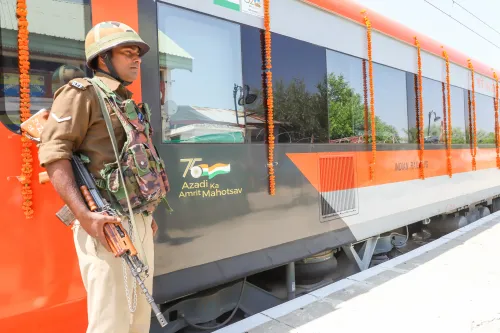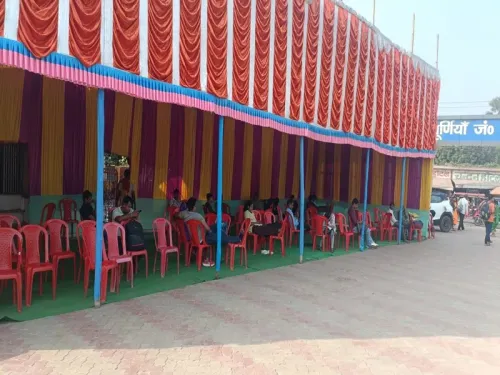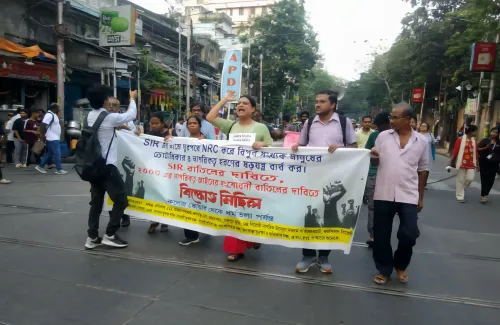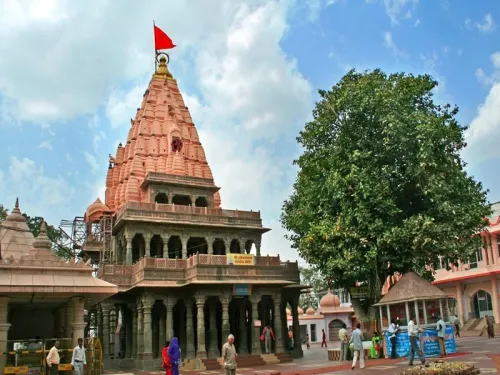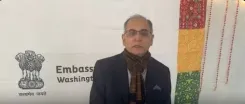Why are Bengal areas under intelligence surveillance after the arrest of three JMB activists?

Synopsis
Key Takeaways
- Increased surveillance in Bengal following JMB arrests.
- Focus on minority-dominated districts for monitoring.
- Historical context of Khagragarh blast raises concerns.
- Presence of sleeper cells poses ongoing threats.
- Need for community awareness and vigilance.
Kolkata, May 11 (NationPress) Following the apprehension of three activists affiliated with Jamaat-ul-Mujahideen Bangladesh (JMB) in West Bengal over the past two days, intelligence agencies—both federal and state—have ramped up monitoring in areas known to harbor sleeper cells associated with various extremist groups. Sources familiar with the situation revealed that these specific areas, particularly those bordering Bangladesh, are under heightened scrutiny, especially in the minority-majority districts of Murshidabad and Malda.
Additionally, other minority-dominated regions in districts such as Birbhum, East Burdwan, and Hooghly have also been placed under this intensive surveillance.
The apprehended JMB members, identified as Aazmal Hossain and Saheb Ali Khan, were taken into custody on Friday in Nalhati, both residents of Birbhum. Their interrogation led to the identification of their associate, Abasuddin Molla, who was arrested on Saturday at his home in Patra village, located within the Diamond Harbour Lok Sabha constituency of South 24 Parganas.
Furthermore, certain areas in East Burdwan, particularly those with significant minority populations, have been monitored closely since a bombing incident in Khagragarh in October 2014, where 55 improvised explosive devices, RDX, wristwatch dials, and SIM cards were discovered. The investigation concluded that JMB orchestrated the assembly of these explosives.
Reports suggest that JMB sleeper cells are operational in Khagragarh and surrounding regions. Of the 19 individuals convicted in the related case, four were identified as Bangladeshi nationals and were deeply involved in extremist activities.
In recent years, numerous arrests have been made of sleeper cell members from various fundamentalist and terrorist organizations in Hooghly's minority areas, prompting increased monitoring in these regions.
Recently, the Union Home Ministry received alerts from intelligence agencies regarding the suspected involvement of illegal Bangladeshi immigrants in the unrest and vandalism in Murshidabad during protests against the Waqf (Amendment) Act.
During this time, the names of three fundamentalist groups based in Bangladesh emerged: JMB, Hizb-ut-Tahrir (HUT), and Ansarullah Bangla Team (ABT).

